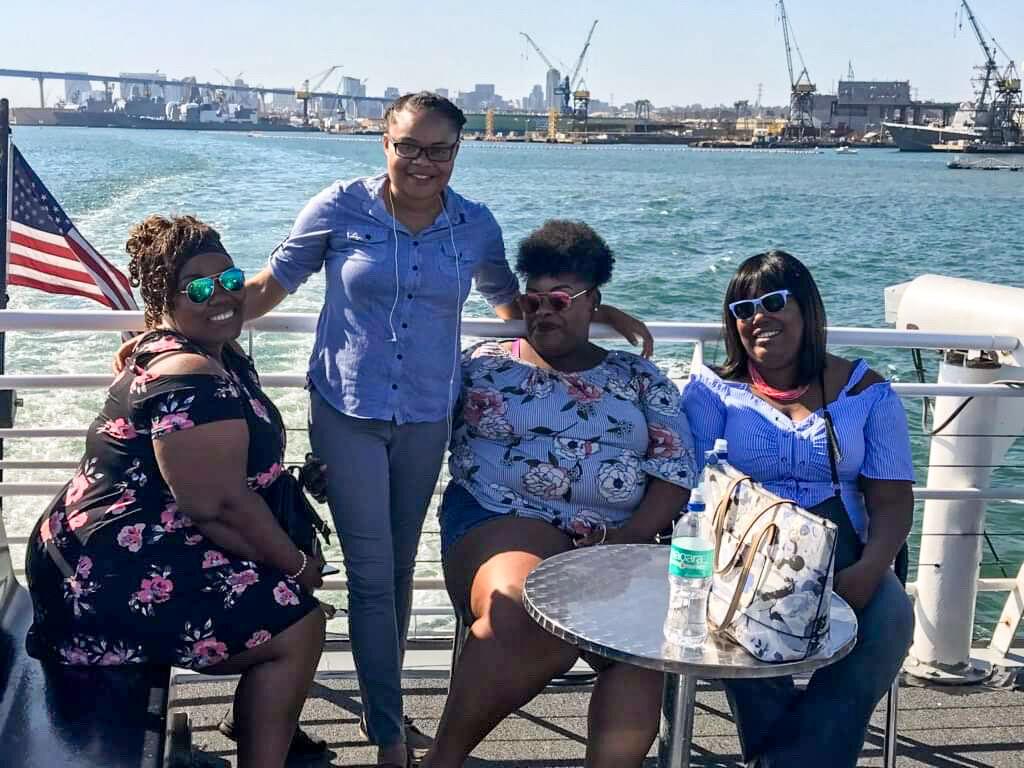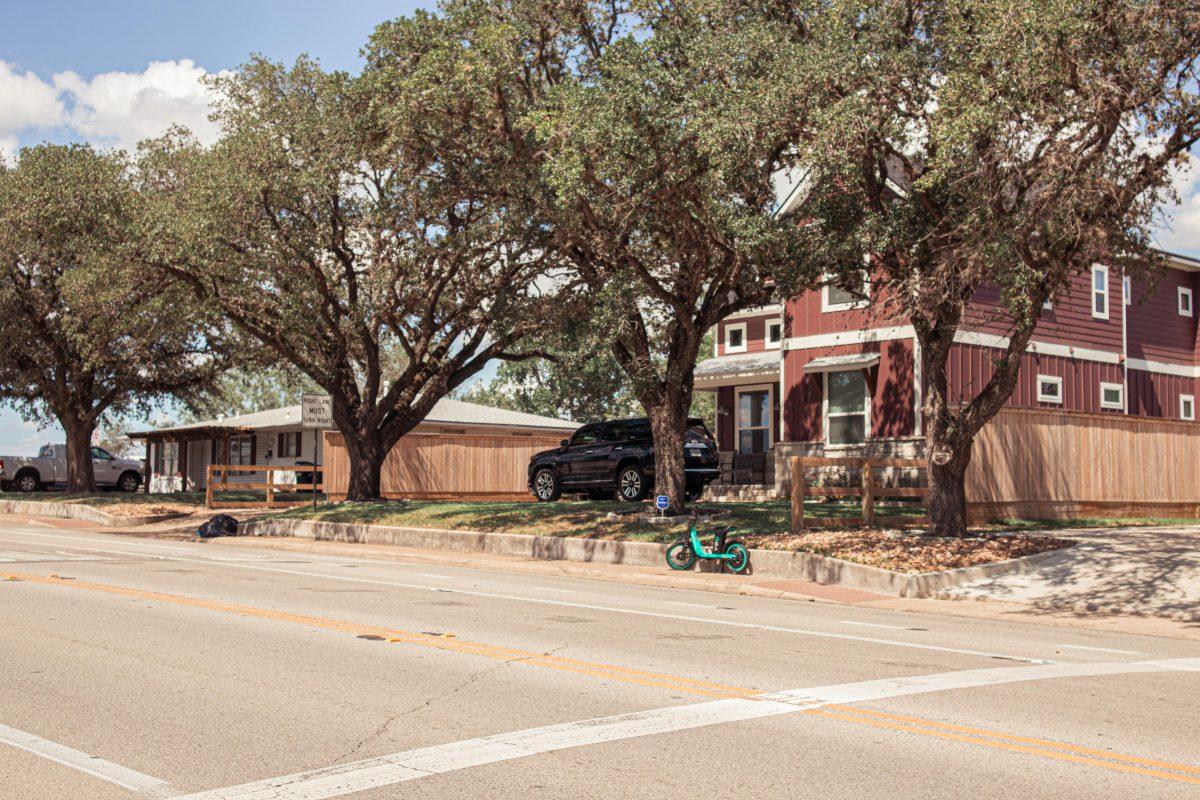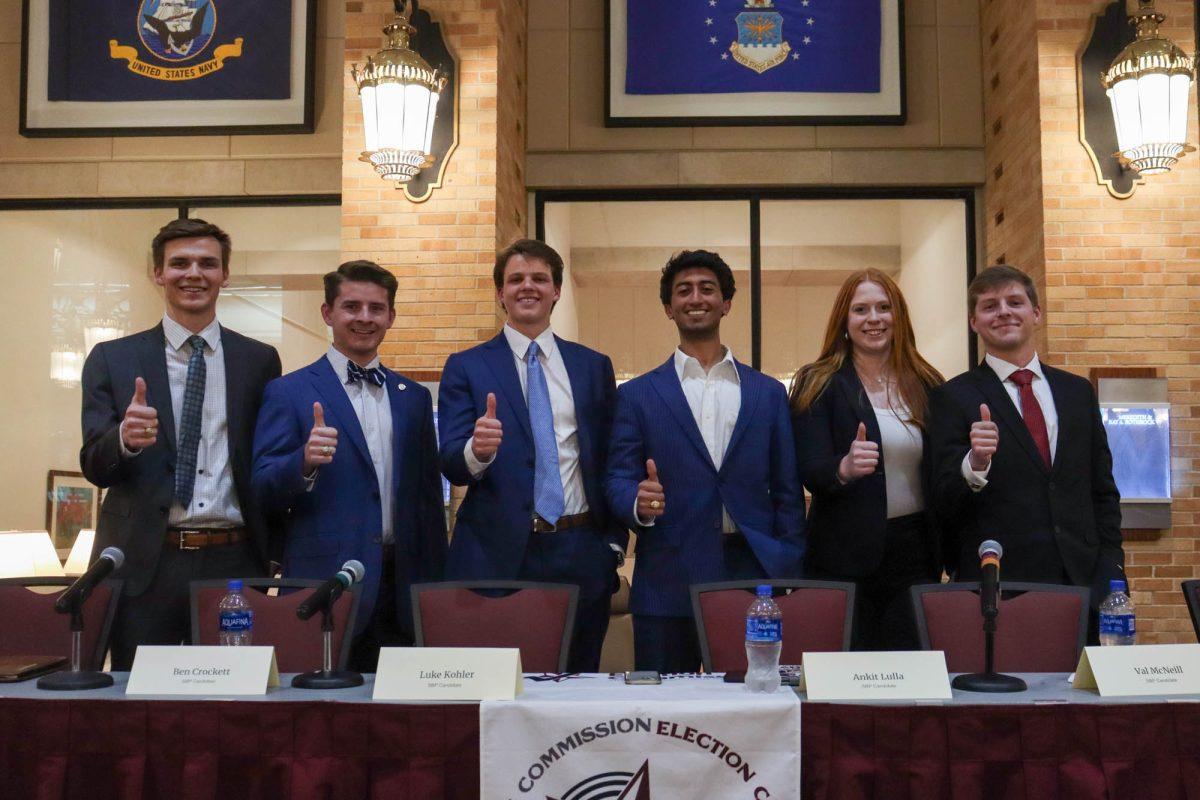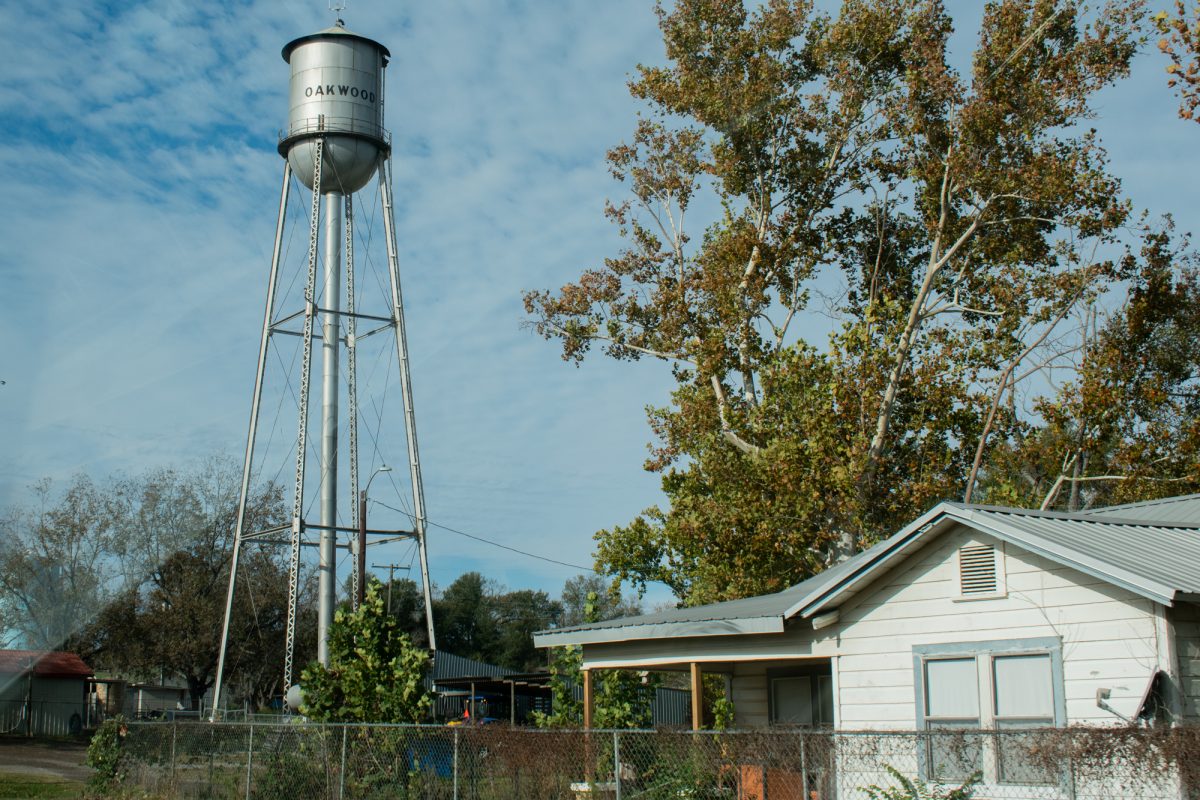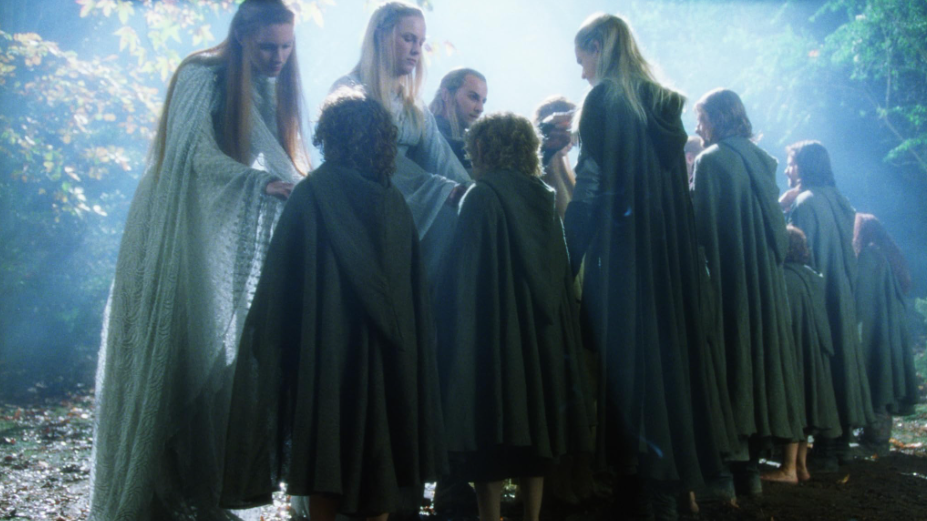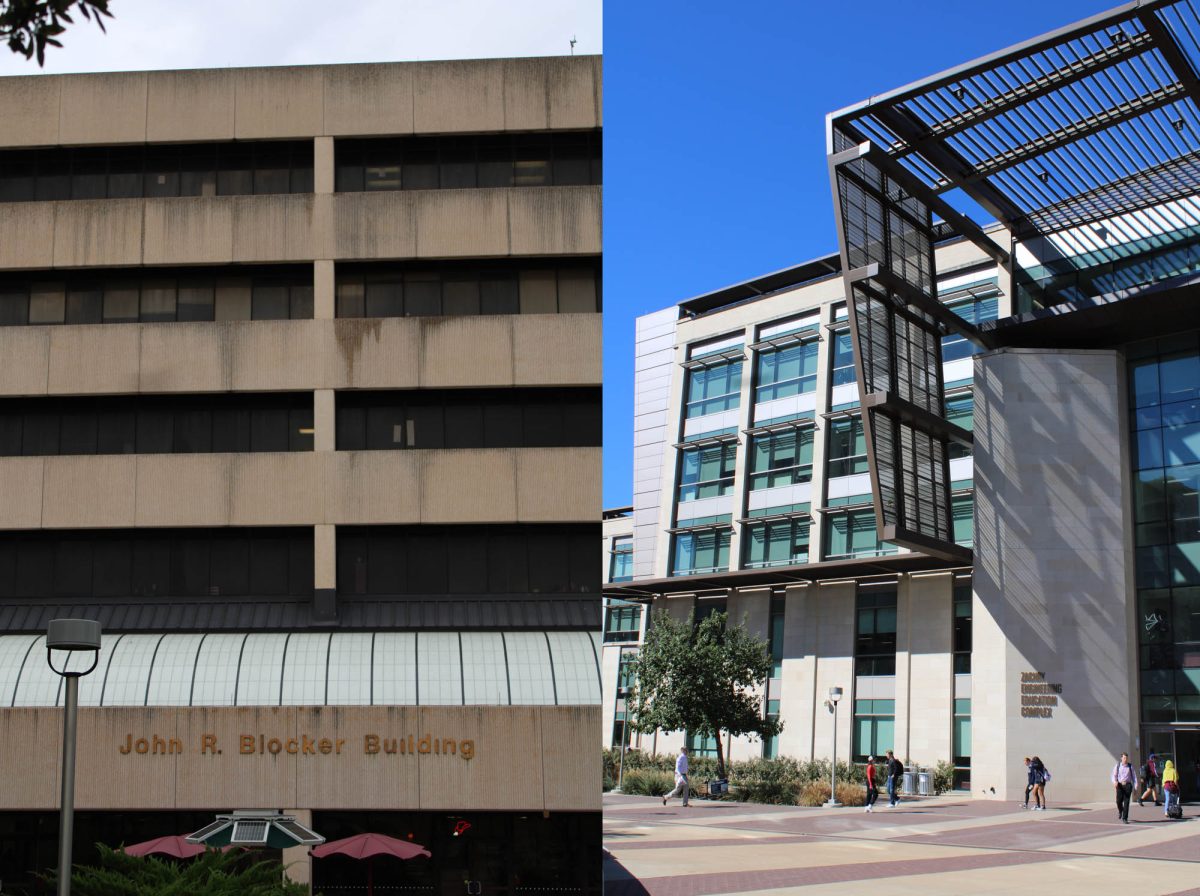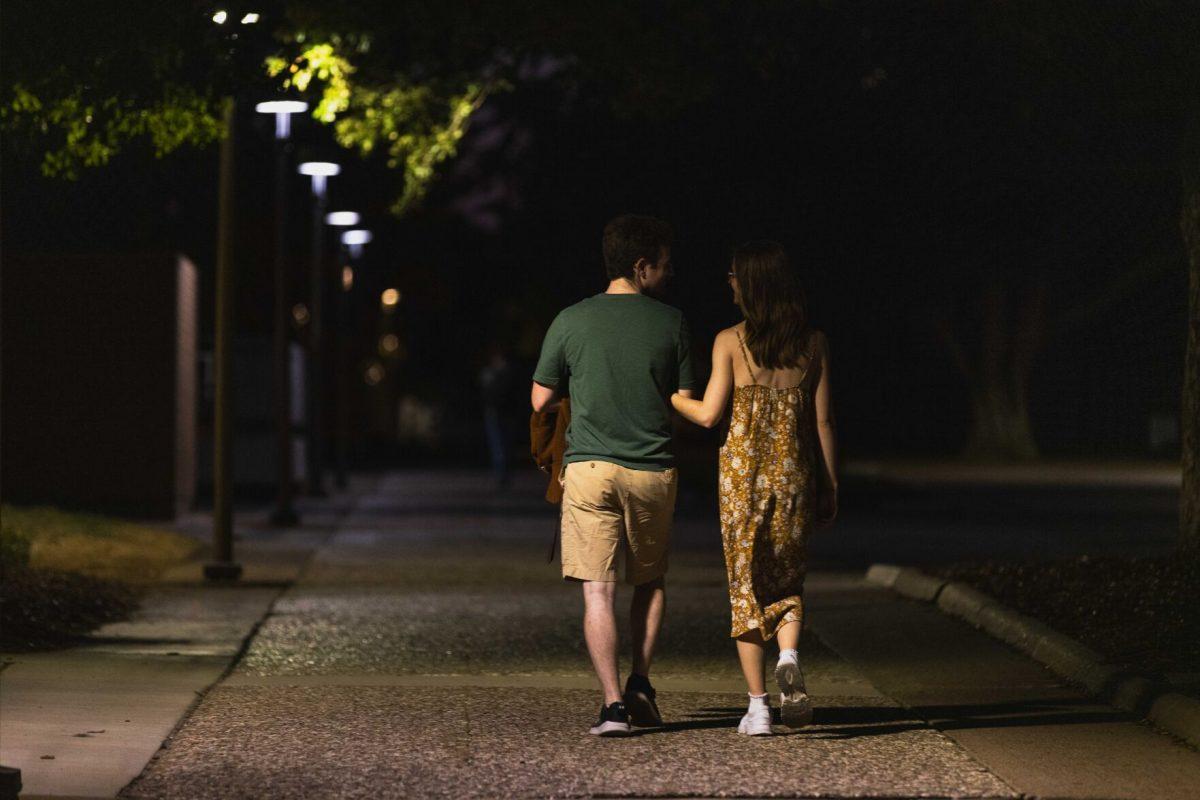Kenya Robinson previously served as a life & arts editor and news reporter for The Battalion from 2017 to 2019. Kenya is currently a 3+2 graduate student at the Bush School of Government and Public Service at Texas A&M.
“Hey Kenya, if you are going to that protest or whatever, try to keep it peaceful.”
“Hey Kenya, if you are going to speak out, make sure you don’t incite a riot.”
Thank you for your support, my white peer! Oh and by the way, I am still helping my family heal after my cousin, Atatiana Jefferson was shot by a police officer in her own home, while playing video games with her nephew.
Thanks again for your concern.
Read the room.
You see the constant killings of black men, black women and black teenagers. And you, my white peer, not only refused to acknowledge the pain that black people are feeling right now, but you also have the indecency to tell me how I should protest?
Instead of expressing their concern for my well-being or that of the mothers who have to bury their murdered children, I’ve had more of my white peers (along with some black people) tell me how I should react after losing a loved one to police brutality.
“Kenya, maybe you shouldn’t protest. Maybe you should write a letter. Maybe you shouldn’t be violent. Maybe you shouldn’t go downtown and protest with THOSE people.”
When you have to explain to your young cousin why his auntie was killed by a police officer in her own home, maybe then you can tell me how I should feel or how I should protest. When you have to watch Atatiana’s siblings battle with the loss of their sister day after day, maybe then you can tell me how I should feel or how I should protest.
I’ve seen numerous social media posts that have described my anger and frustration during this time, but one post stuck with me. It was a post shared by Allisa Charles-Findley, the sister of Botham Jean who was killed in 2019 by former Dallas Police officer Amber Guyger.
“Some people will never understand until their loved one’s name is a hashtag.”
This “law and order” society that you are certain as a white person will bring you peace and justice has turned innocent black people into hashtags.
In the name of “law and order,” I have watched family members prepare funeral arrangements for loved ones that were so ready to give back to their families, serve as community leaders and enrich the world with their knowledge, love and empathy for others.
In the name of “law and order,” I’ve had family members in a range of various economic classes – accountants, engineers, janitors, fireman, teachers, fast food workers – stopped and unlawfully searched because of their “suspicious behavior” while driving or because they were in a place were they “didn’t belong.”
In the name of “law and order,” you expect black people to sit back and be peaceful when they are killed for playing with toy guns, buying cigarettes, walking from the grocery store or playing video games with their 8-year-old nephew — all normal things that white people do without a care in the world.
From coworkers and classmates, to university officials and SGA members, the delayed acknowledgement of how police brutality affects me as a coworker, a classmate and a student has also been an embarrassing and inexcusable charade to watch.
In 2020, it took a series of tweets, emails and phone calls to department heads, for the president and the provost to finally create a “Stop Hate Link.”
In 2020, it took actions from the black student body (who make up less than 5 percent of the 70,000 students at TAMU) and their allies to encourage the president of the university and SGA to release a poetic press release about their concern from the black community and what they plan to do to address the “systematic racism and violence” that plague our nation.
I am tired of panels and presentations.
For our university officials and student leaders who hesitate to speak up for black students, I ask that you reexamine your leadership and make it a priority to effectively educate people of all backgrounds on the racism that has plagued this country, not with more panels and presentations, but an improved core curriculum that includes an mandatory course on Race and Politics in the United States.
A stop hate link? Finally. Great Job. But what are you doing to intentionally educate your students about racism?
Yes, we have an Office of Diversity. Yes we have panels. And guest speakers. Wonderful.
Just as my degree plan forces me to complete the requirements for POLS 206, students should be required to also take POLS 320, an introduction to Race and Politics in the U.S. — a class that provides historical evidence and encourages dialogue about the social construction of race and its use to deny black people of specific rights throughout history — in order to graduate.
But then, I’ve asked myself multiple times, “Kenya, will a mandatory course on race for students finally help these white kids understand?”
The reality of the situation is that my white peers will never understand. You will never know the pain of having to bury loved ones who died at the hands of those who take an oath to “serve and protect.” And as far as I am concerned, it is not my job to educate my white peers who willingly choose to turn a blind eye towards institutional racism.
The first step my white peers can take during this time is to acknowledge my pain and refrain from telling me how I should process my emotions or channel my hurt for an event that they will never experience in this lifetime.
Don’t tell me how to process police brutality
June 3, 2020
Photo by Provided
Atatiana Jefferson (standing) was killed by a Fort Worth Police officer who shot her through her bedroom window on October 12, 2019. The officer responsible for killing Jefferson was arrested, charged with murder and is currently awaiting trial.
0
Donate to The Battalion
Your donation will support the student journalists of Texas A&M University - College Station. Your contribution will allow us to purchase equipment and cover our annual website hosting costs.
More to Discover



